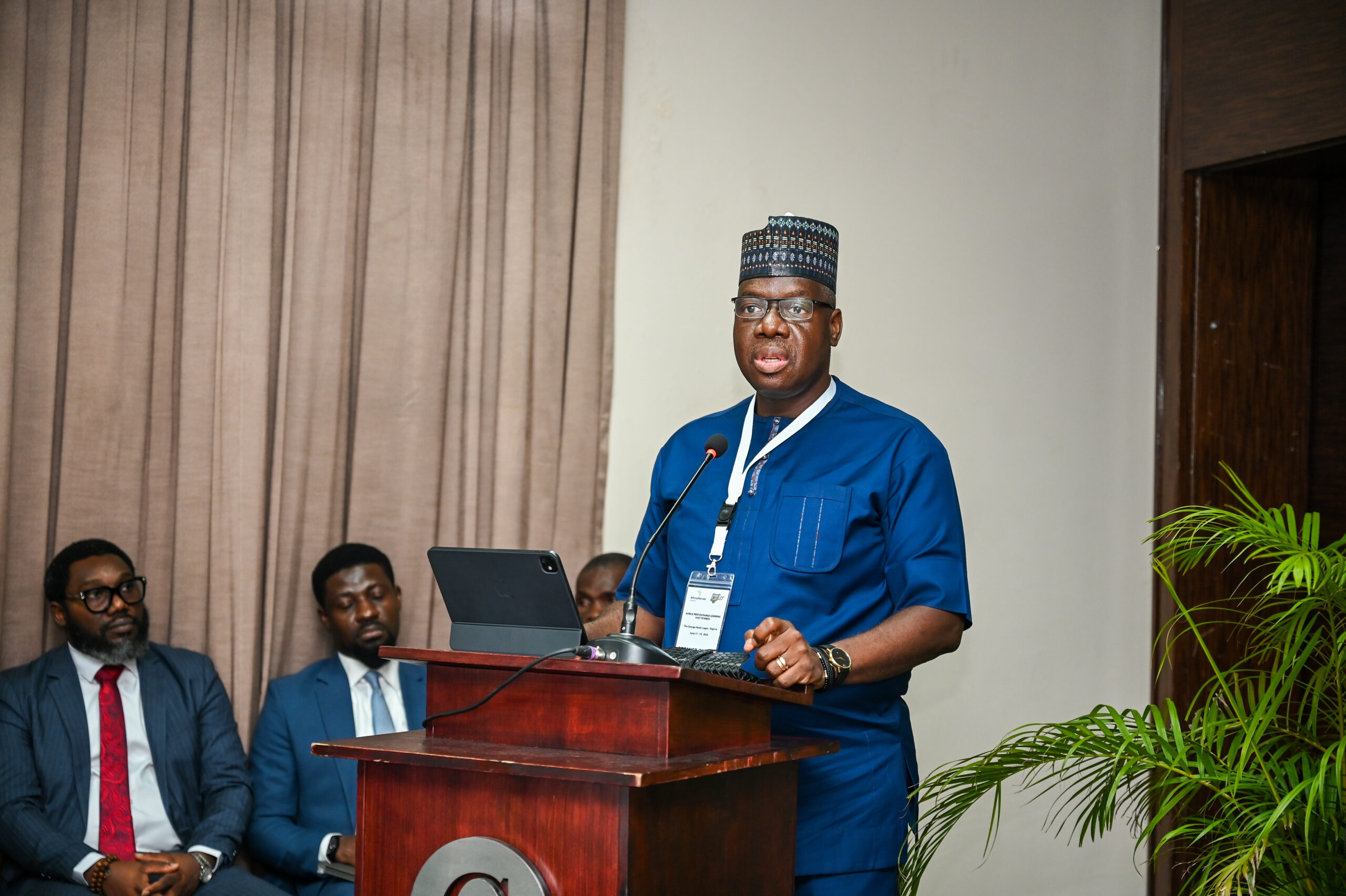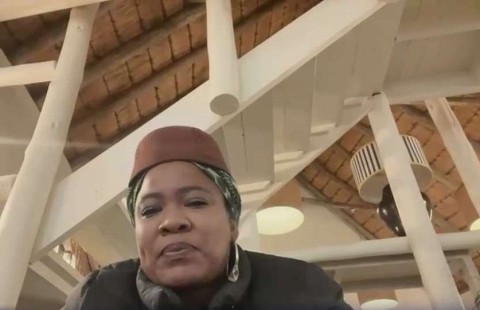New Tool Developed for Tracking Gender Inclusion in Agricultural Sector

In response to the escalating and disproportionate impact of climate change on the agricultural sector, particularly concerning gender disparities, Dr. Clara Ifeayin-Obi, a distinguished gender expert, has spearheaded the development of a groundbreaking tool: the Gender-responsive Smart Monitor, or G-SMART Monitor. This innovative framework is specifically designed to meticulously track and evaluate gender inclusion within agricultural adaptation initiatives, striving to bridge the critical gap between policy intent and measurable, actionable implementation. Dr. Ifeayin-Obi, an African Women in Agriculture and Research Development (AWARD) fellow of the Gender Responsive Policy System (GRASP) Fellowship and the Acting Head of Department for Agriculture Extension and Development Service at the University of Port Harcourt, emphasized the necessity of such a tool during a validation exercise held in Abuja.
Nigeria, identified as a climate hotspot, faces increasingly severe risks to its food security and the livelihoods of its rural communities. Projections indicate that unchecked climate change could lead to a substantial 30 percent reduction in crop yields and diminish Nigeria’s Gross Domestic Products (GDP) by a significant six to 30 percent by the year 2050. Dr. Ifeayin-Obi highlighted that women and girls bear a disproportionate burden of these climate risks, which further exacerbates existing gender inequalities. Despite women constituting a substantial 60 to 79 percent of the rural agricultural workforce, they are strikingly five times less likely than men to own land, showcasing a profound systemic imbalance that undermines their resilience to climate shocks.
While acknowledging the Federal Government's commendable efforts through various ministries to address gender gaps in climate adaptation via the enactment of policies and frameworks, Dr. Ifeayin-Obi pointed out a significant challenge: the implementation phase. She lamented that many existing policies, though well-intentioned, often lack the specific measures and actionable strategies required to effectively translate gender equality goals into tangible outcomes. This crucial deficiency underscores the pressing need for a robust mechanism like the G-SMART Monitor to ensure that policies not only exist but are also effectively put into practice, delivering concrete benefits to the target beneficiaries.
The G-SMART Monitor, conceptualized as a simplified yet comprehensive framework, is engineered to achieve two pivotal objectives. Firstly, it provides real-time assessment capabilities for evaluating the gender responsiveness embedded within climate change policies, ensuring that policy design adequately considers gender dimensions. Secondly, it offers a crucial mechanism for assessing the effectiveness of policy implementation from the invaluable perspective of the beneficiaries themselves, thereby ensuring accountability and relevance. Dr. Ifeayin-Obi articulated that this framework is poised to offer multifaceted support.
Specifically, the G-SMART Monitor will not only empower responsible government arms to adhere rigorously to their gender commitments outlined in existing policies but will also serve as an indispensable guide for the meticulous development of new policies, steering them towards inherent gender responsiveness from their inception. The framework itself is systematically categorized into two distinct yet interrelated parts: indicators of gender responsiveness in climate change adaptation, and indicators of successful gender-responsive policy implementation. This structured approach ensures a holistic and measurable pathway towards achieving true gender equity and resilience in Nigeria’s agricultural sector in the face of climate change.










